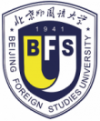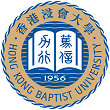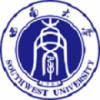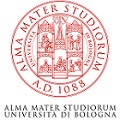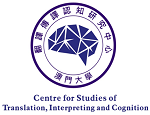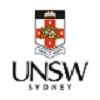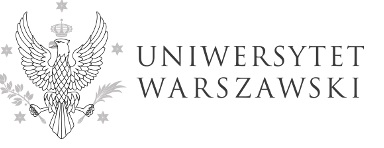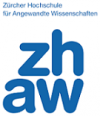Dificultades traslativas en marcas de subjetividad [Subjectivity Markers: Translatory Difficulties]
Graciela Caballero
English - Spanish
This work is based on a research project carried out with advanced translation students in order to observe the difficulties brought about by the translation of subjectivity markers ( Kerbrat Orecchioni 1993 , Ducrot 2001 ). For this reason, the translation process was observed by combining different resources such as a keylogging tool (Translog), cued recall and retrospective questionnaire, and triangulation methodology was used for data analysis. The evaluation of the translations made by the students together with the observation of processes allowed the identification of the main translation difficulties encountered when subjectivity markers are present in the text. The causes for these difficulties were also traced back and classified according to the Translation Competence Model (Pacte 2003). Results show a tendency to neutralize subjectivity markers in the text , particularly in regard to stylistic features such as humour and the transfer of evaluative lexical items.




